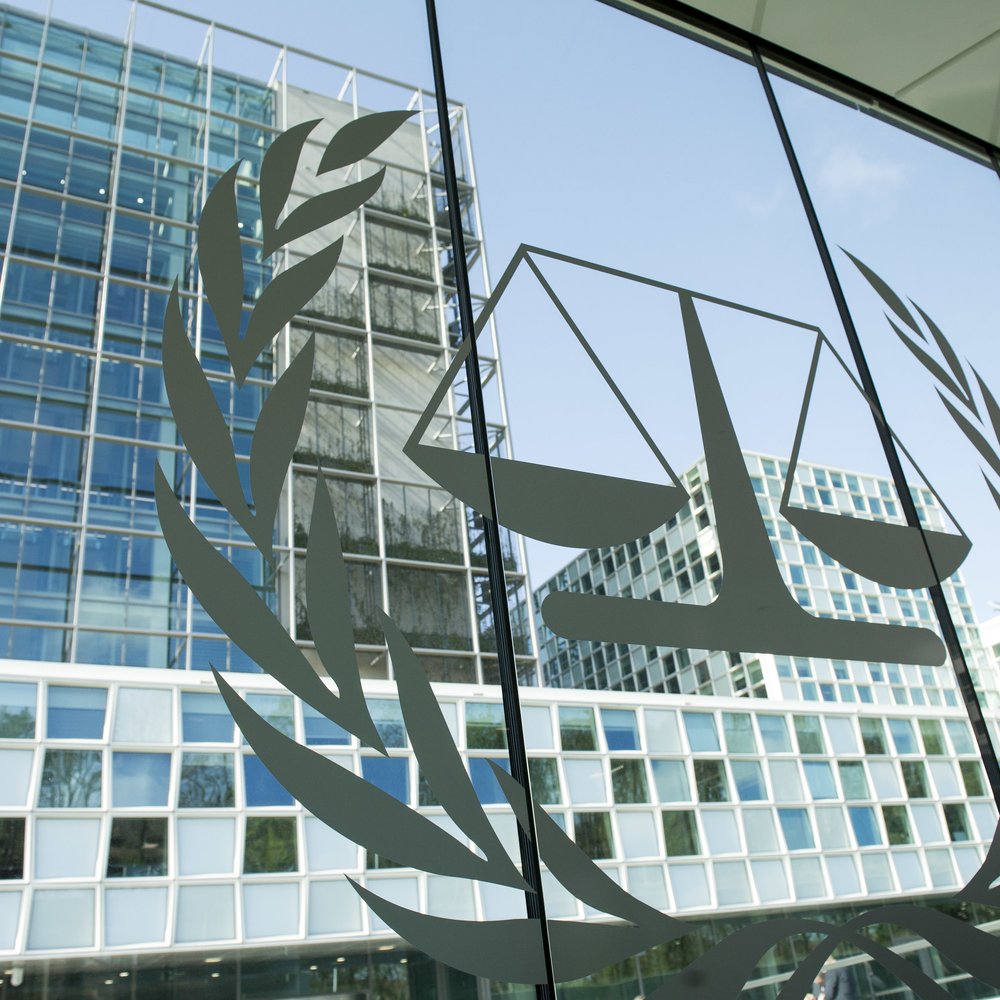Global: Academics, lawyers and campaigners calls for international criminal court to end ‘impunity’ for environmental crimes
The international criminal court (ICC) has been urged to start investigating and prosecuting individuals who harm the environment.
Academics, lawyers and campaigners from around the world have sent expert opinions to the court outlining what they call its current regime of “impunity” for serious environmental crimes.
The comments were made in response to an invitation by the ICC’s chief prosecutor, Karim Khan, who announced in February that his office was developing a new policy paper on environmental crimes.
Khan said the paper, due to be published by the end of the year, would help promote the “accountability, transparency, and predictability” of his office’s work in this “crucial area”.
In a joint comment, lawyers and scientists at the University of London’s Institute of Commonwealth Studies, the Oxford Sustainable Law Programme and the International Nuremberg Principles Academy note that human activities leading to severe environmental harm usually also violate human rights. This, they argue, potentially qualifies as a crime such as genocide, crimes against humanity or war crimes.
The experts say charges could be levelled against politicians, corporate bosses and leaders of organised criminal gangs directly responsible for acts that destroy the environment such as widespread deforestation, chemical spills or oil pollution.
Others who contribute to such activities, or do not do enough to stop them, could also be implicated – examples given include military commanders and the bosses of fossil fuel and mining companies.
Such a tool could also be used to prosecute company directors for climate damage, they argue.
